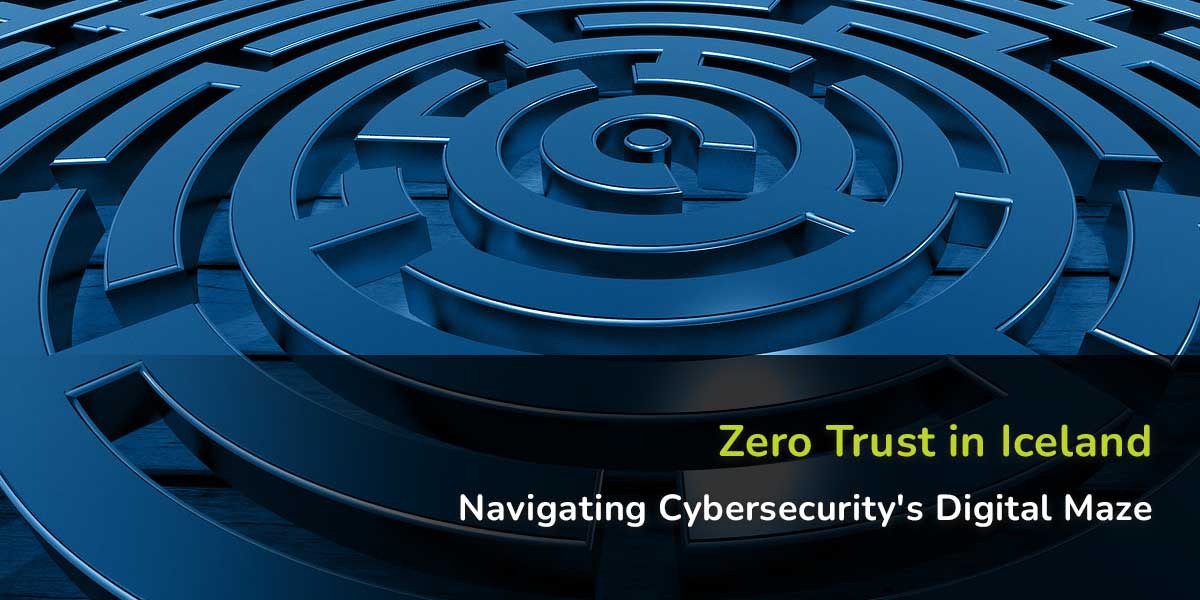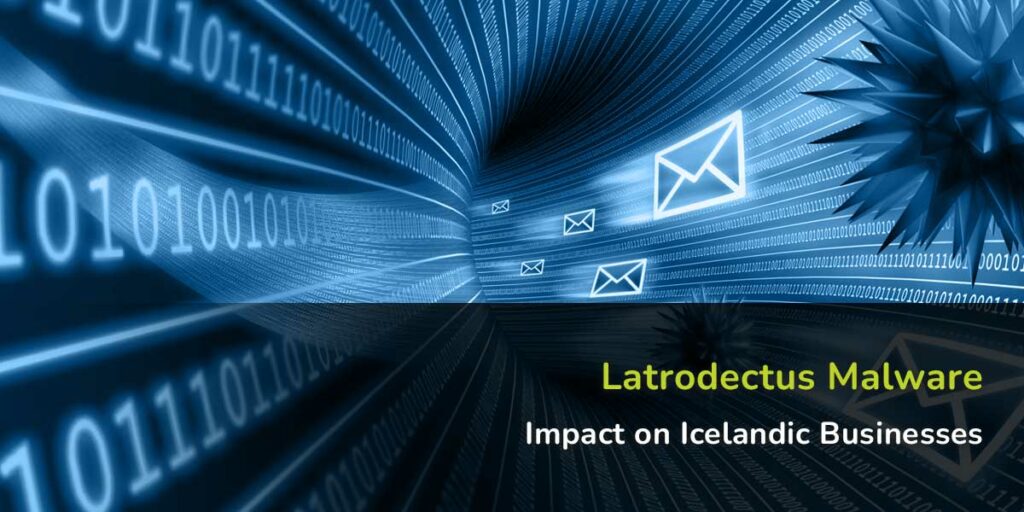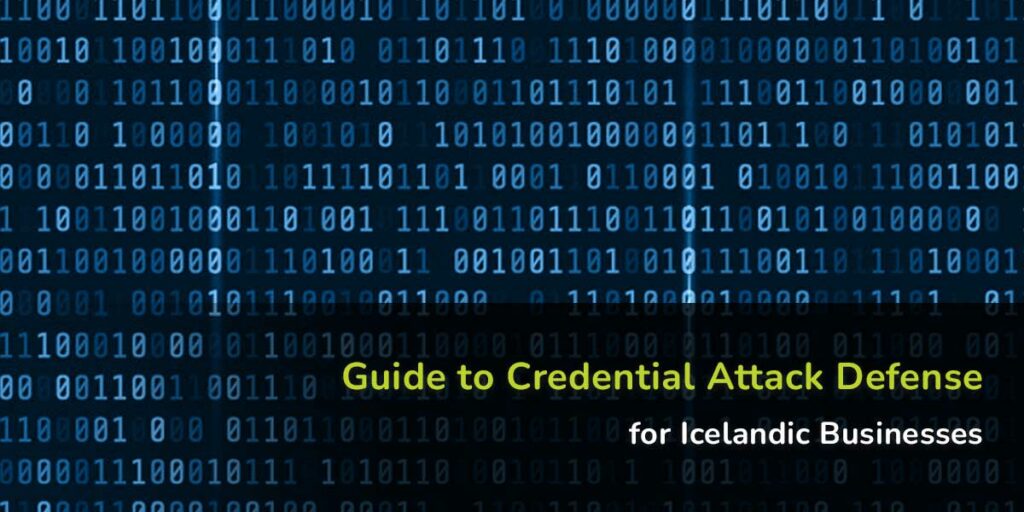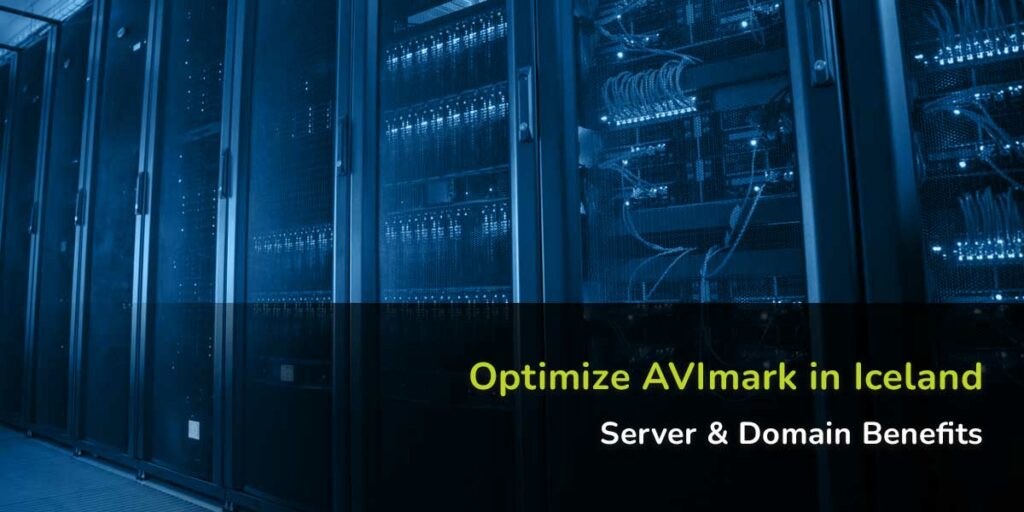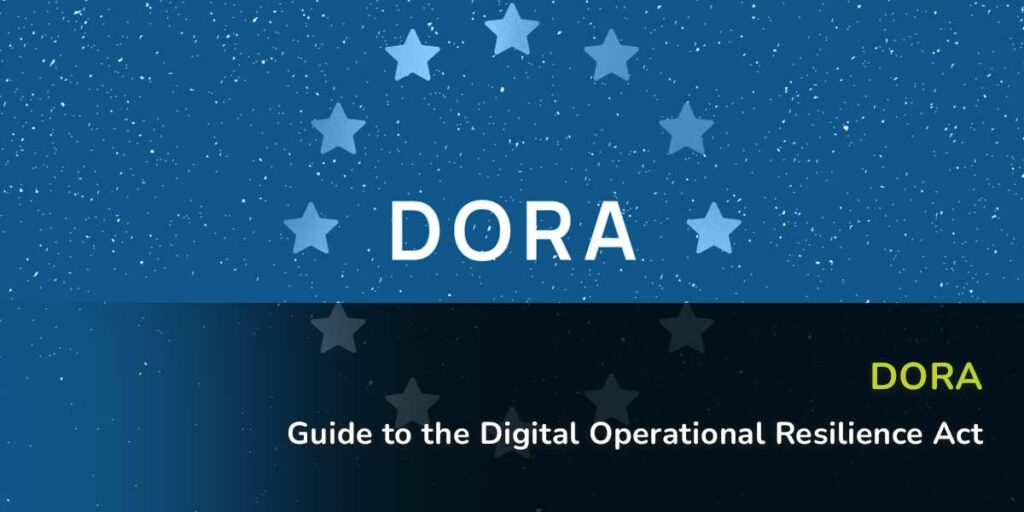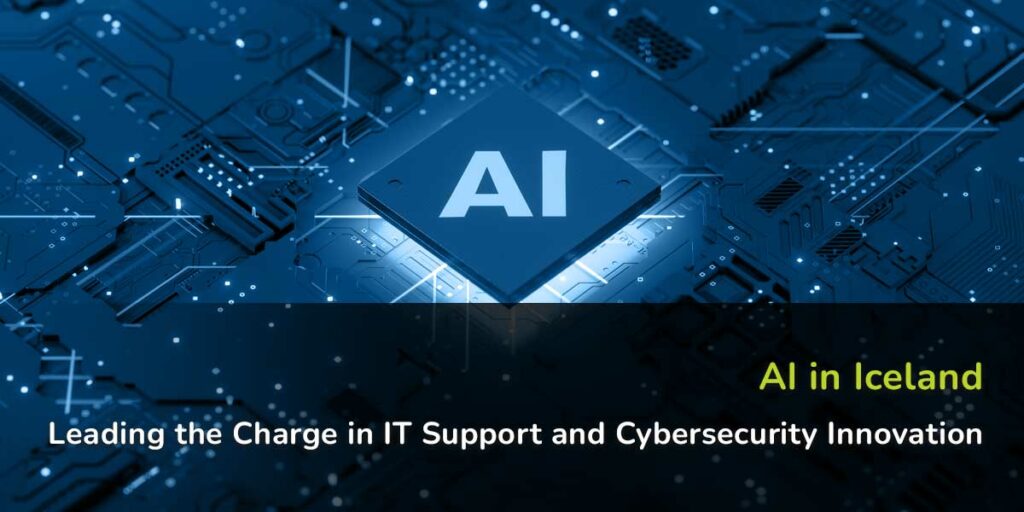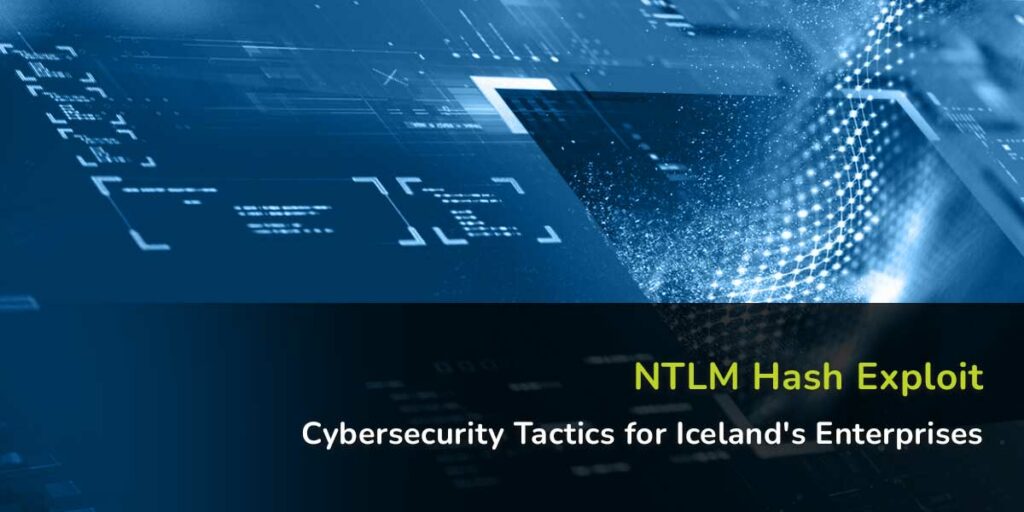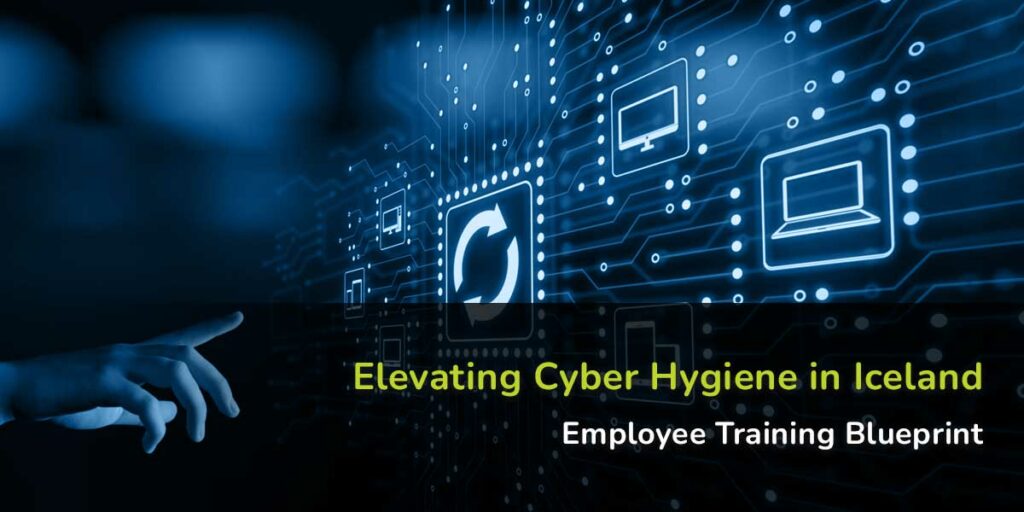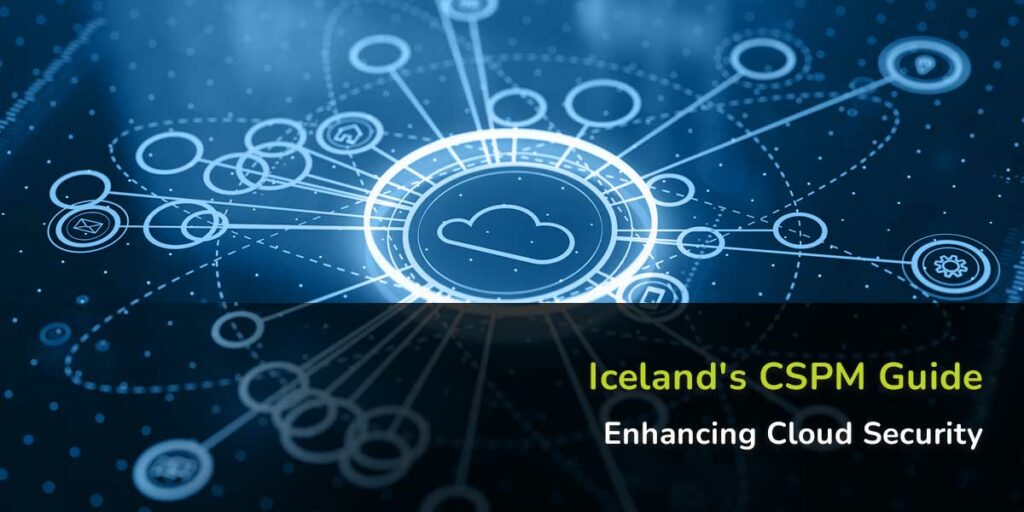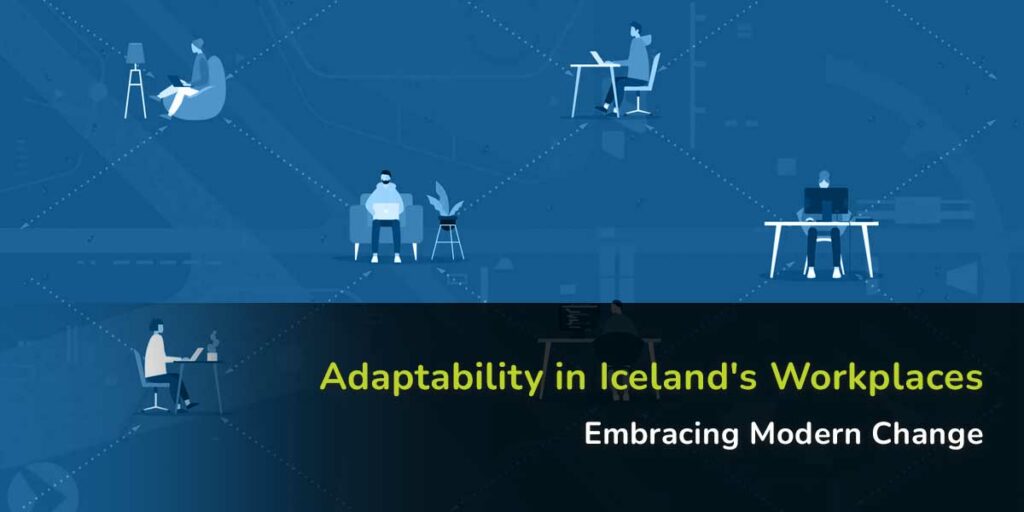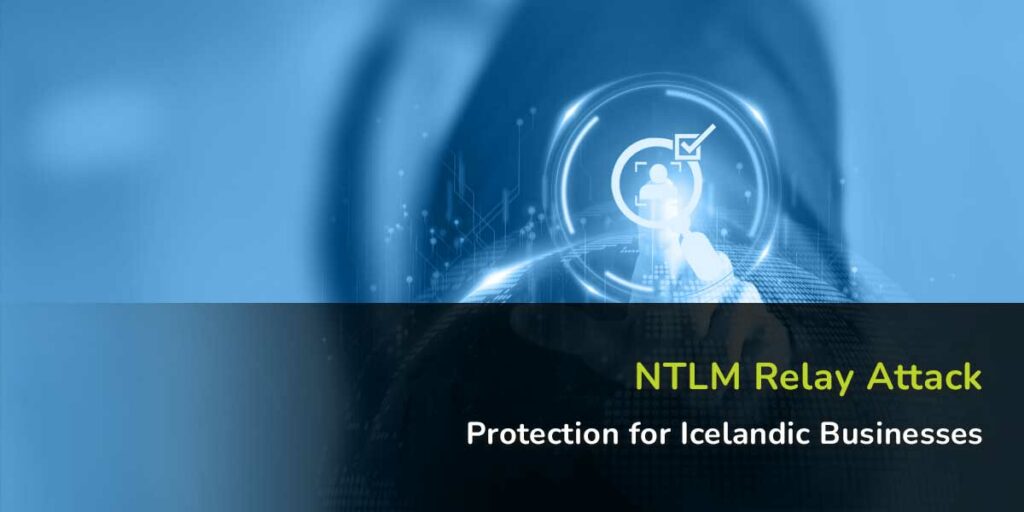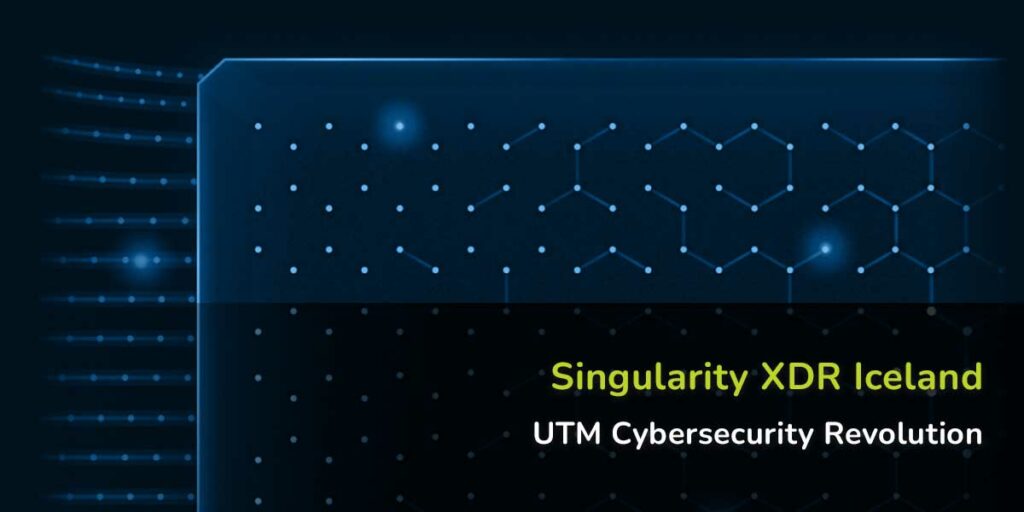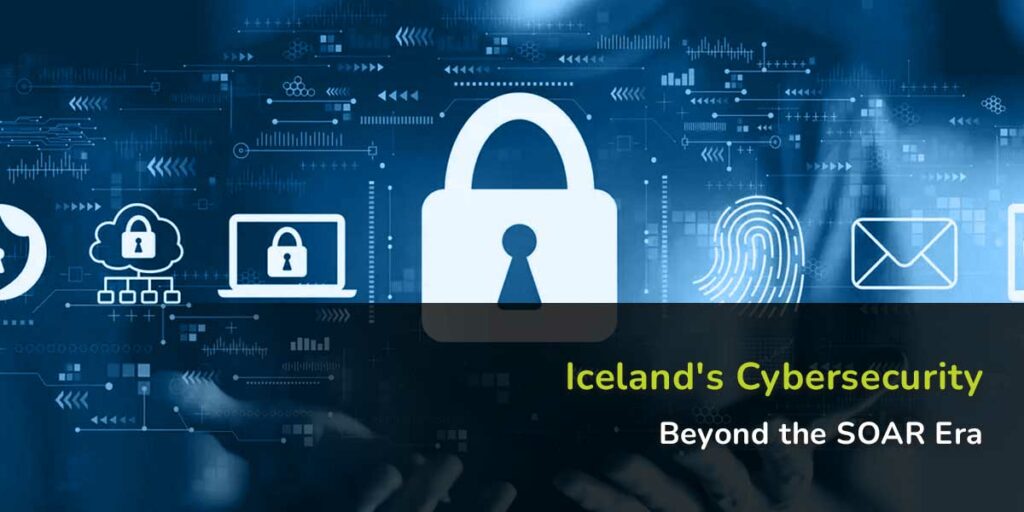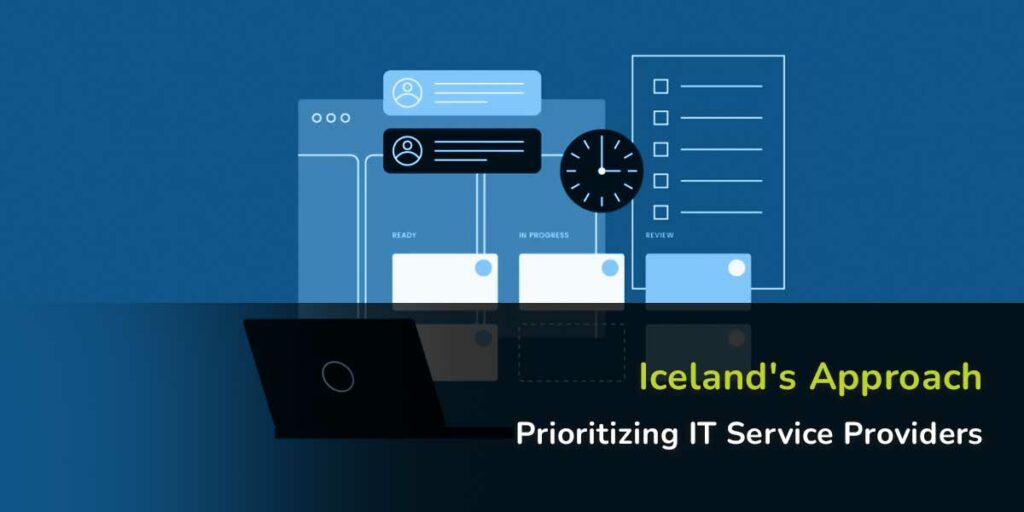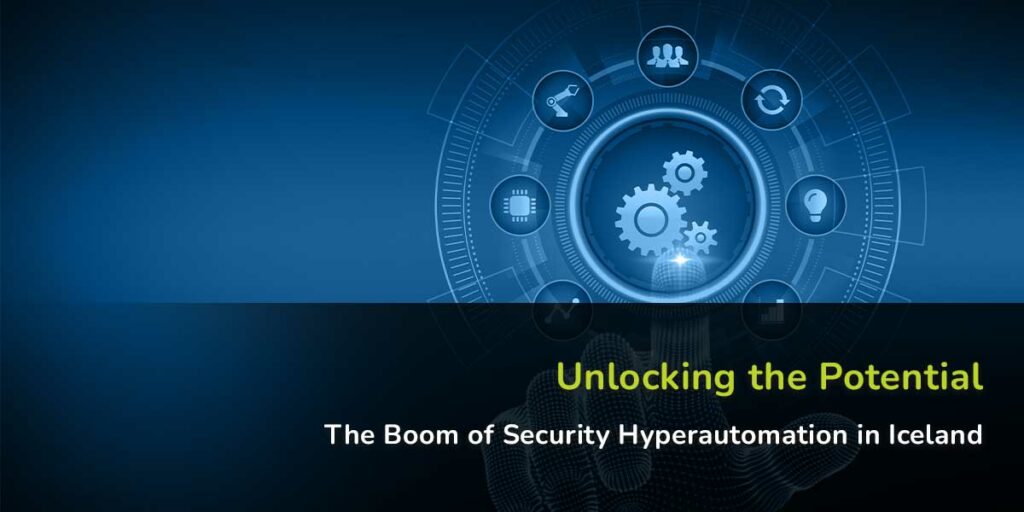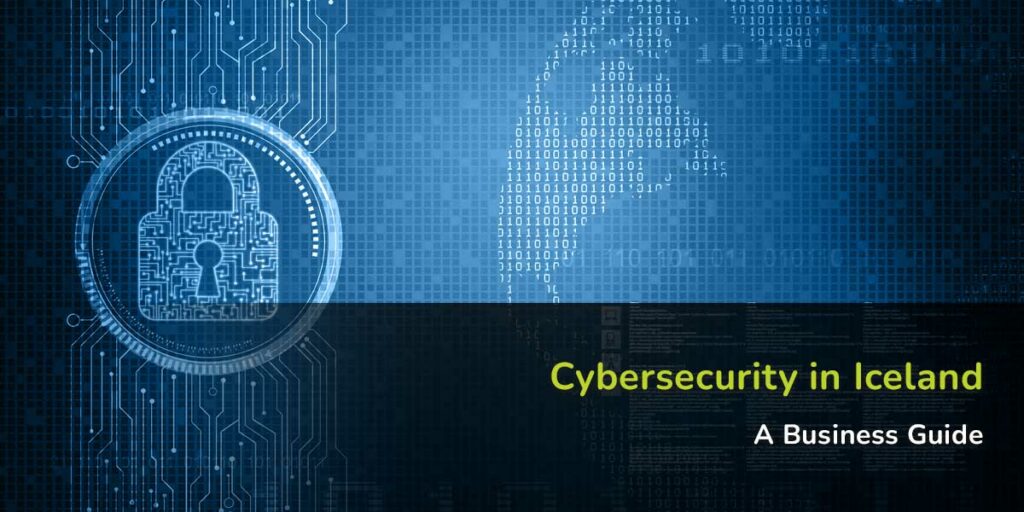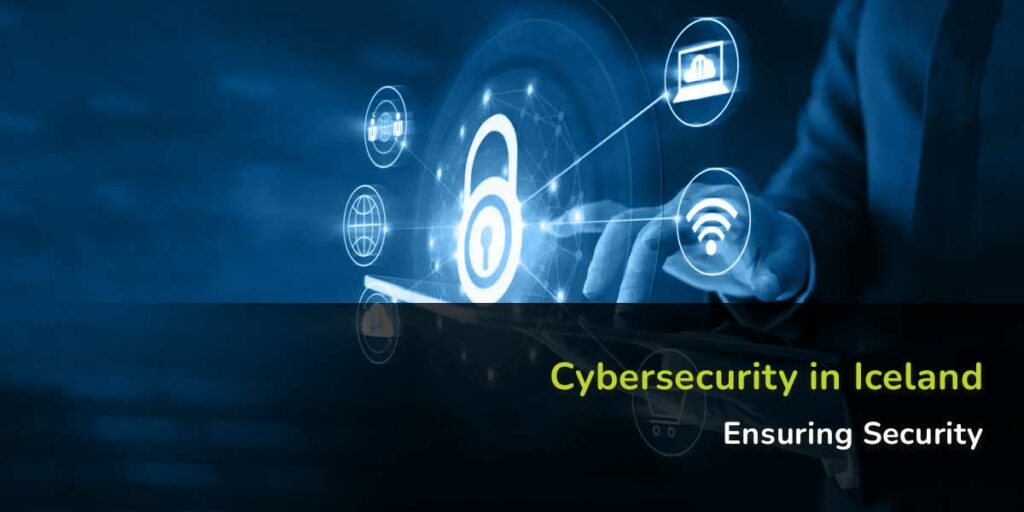In the serene and innovative landscape of Iceland, digital transformation is not just a trend but a cornerstone of national development. As this North Atlantic island embraces technological advancements, from renewable energy to e-government services, the need for robust cybersecurity measures has never been more critical. Enter the Zero Trust model, a security paradigm that offers Icelandic organizations a comprehensive framework to protect their digital assets in an ever-evolving cyber threat landscape.
Understanding Zero Trust
At its core, the Zero Trust model is defined by the mantra “Never trust, always verify.” This approach marks a significant shift from traditional security models that once focused on defending the perimeter. Zero Trust operates under the assumption that threats can originate from anywhere — be it outside or within the network — making it essential to verify every access request, regardless of its origin.
Why Zero Trust Matters for Iceland
Iceland’s rapid digitalization, characterized by widespread internet usage, a booming tech sector, and advanced digital government services, presents a double-edged sword. On one side, it offers unparalleled opportunities for efficiency, innovation, and growth. On the other, it exposes the nation to sophisticated cyber threats. The Zero Trust model addresses these challenges by providing a framework that ensures stringent access controls, identity verification, and continuous monitoring of network activities.
Implementing Zero Trust in Icelandic Organizations
Strong Authentication: Implementing multi-factor authentication (MFA) is a cornerstone of Zero Trust, ensuring that users are who they claim to be before granting access to sensitive resources.
Microsegmentation: By dividing networks into smaller, secure segments, organizations can limit the movement of potential attackers within their systems, significantly reducing the risk of widespread breaches.
Least Privilege Access: This principle involves granting users only the access they need to perform their job functions. It minimizes the attack surface by restricting access to sensitive information on a need-to-know basis.
Continuous Monitoring and Analytics: Leveraging advanced analytics and continuous monitoring tools enables real-time detection of suspicious activities, enhancing the ability to respond to threats swiftly.
Security Culture and Awareness: Cultivating a security-aware culture is vital. Regular training and awareness programs can equip employees with the knowledge to recognize and prevent cyber threats effectively.
Challenges and Strategic Considerations
For Iceland, with its highly interconnected and tech-savvy society, the transition to Zero Trust may pose challenges, including the integration with existing IT infrastructure, the need for substantial investment in new technologies, and the ongoing requirement for skilled cybersecurity professionals. However, the strategic benefits, including enhanced security, reduced risk of data breaches, and compliance with European GDPR regulations, underscore the importance of adopting the Zero Trust model.
Conclusion
As Iceland continues to navigate its digital future, the adoption of the Zero Trust model stands out as a strategic imperative. It offers a proactive and comprehensive approach to cybersecurity, aligning with the nation’s reputation for innovation and resilience. By implementing Zero Trust principles, Icelandic organizations can ensure the security and privacy of their digital assets, safeguarding the nation’s technological progress and economic prosperity. The journey towards Zero Trust requires commitment and adaptation but promises a secure path through the digital labyrinth for Iceland.
As Iceland continues to lead in areas such as digitalization, environmental sustainability, and social equality, its commitment to adaptability will remain a key driver of its enduring prosperity and resilience.

